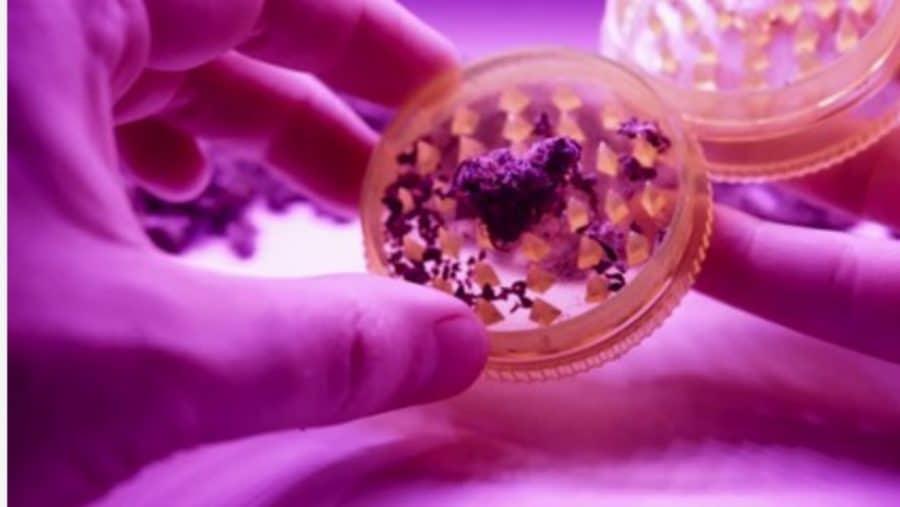Women experience menopause symptoms before the last period and after the last period. The symptoms can affect your sleep, wellbeing, and your overall health. The symptoms need treatment, and many women are now using medical marijuana. The questions to answer are; Does marijuana help with menopause symptoms? How to get medical marijuana?
What are the symptoms of menopause?
Menopause affects women differently. Some experience menopause suddenly, and some pass through a stage of premenopause (the period before menopause). That being said, common menopause symptoms women face are;
- Hot flashes
- Insomnia
- Anxiety
- Weight gain
- Vaginal dryness
- Low libido
- Painful joints
How does marijuana work in the context of menopause symptoms?
As one approaches menopause, testosterone, progesterone, luteinizing hormone, and estrogen levels are lower. Estrogen interacts with your endocannabinoid system, a system with body cells helping regulate body homeostasis.
Estrogen regulates fatty acid amid hydrolase (FAAH). FAAH is responsible for breaking endocannabinoids. With the estrogen levels down, effective breaking down of the endocannabinoids does not take place.
The ineffective breakdown tends to cause anxiety, depression, and insomnia. Medical marijuana can potentially help improve the levels of endocannabinoids, as marijuana contains cannabinoids. The expected result is that you will get relief from the symptoms caused by low estrogen levels. The research is not conclusive, but all indicators point out that medical marijuana can help relieve the symptoms.
How does medical marijuana help with insomnia?
Sleep helps us maintain our physical and mental health. One of the menopause symptoms is insomnia, and medical marijuana can prove to be of help. If your sleep is affected by anxiety, cannabis with its anti-anxiety properties can reduce anxiety, leading to better sleep.
For inducing sleep, marijuana with higher THC levels is better. In a 2008 study, it was established that marijuana could help reduce REM sleep. Basically, it helps you sleep without dreaming; hence you get a deeper sleep.
Can marijuana help with hot flashes?
75% of the women experience hot flashes as a menopause symptom. A hot flash is a sudden increase in temperature on your upper body. It may affect you at night, causing night sweat.
THC mimics anandamide, and it helps regulate body temperature, so it can potentially help with hot flashes. Another factor to consider is that hot flashes at many times happen as a result of anxiety. Medical marijuana can potentially help reduce anxiety, as discussed below.
Marijuana and anxiety
Many people report positive results when they use cannabis for anxiety problems. Many experts report that CBD and low levels of THC can reduce anxiety symptoms.
Note that everyone reacts differently to medical marijuana. If you want to experiment on how marijuana affects you, it is advisable to try a strain with higher CBD levels instead of one with higher THC levels.
Does marijuana help in relieving pain?
Marijuana is filling the shelves of drug stores due to its pain-relieving properties. Cancer and AIDS patients who experience chronic pain are opting to use medical marijuana. There are studies done on animals showing that cannabis can block pain.
In a smaller study, 70% of cancer patients suffering from chronic pain reported that the use of marijuana did reduce chronic pain and promoted their wellbeing. Many studies point out that marijuana is effective in relieving pain.
How to get medical marijuana?
The best place to get medical marijuana is from a dispensary. In a dispensary, you are assured of the products' legitimacy, and the staff from the dispensary can guide you on how to use marijuana.
To gain access to medical marijuana, you should obtain a medical marijuana card. Only a qualified doctor can recommend the card. The doctor assesses whether you have a qualifying condition to get the card.
Qualifying conditions differ depending on the state you live in. The process of getting the card is straightforward; you get an appointment with the doctor, the doctor reviews your condition, and if you qualify for the card, you are given the medical marijuana card. You can use the card in any marijuana dispensary within your state.
How to consume marijuana
People may smoke/ vape marijuana, but many doctors do not recommend the two methods. Smoking and vaping can cause lung-related problems and cancer.
However, there are other safer ways of consuming cannabis. You can infuse the cannabis in edibles, consume it using tinctures and sublingual (dissolving under your tongue). The methods help minimize the side effects of marijuana significantly.
Key Takeaway
Menopause symptoms require treatment, and while there are many methods to treat the symptoms, medical marijuana provides an alternative with minimal side effects. Not every woman is the same, and it is up to you to find out whether medical marijuana works for you. Remember that it is necessary to seek medical advice from a medical doctor before you try out marijuana.


